
Introduction
Recent breakthroughs in generative artificial intelligence (AI) have captured significant media attention. Developers argue that the technology, which learns from data to produce new text, visual, or audio content based on a user’s prompt, will turbocharge productivity and revolutionize business. Organizations in sectors ranging from banking to health care to journalism are already exploring integrating tools like OpenAI’s ChatGPT chatbot and DALL-E image generator into their workplaces.
These new tools should be approached with a great deal of caution as introducing generative AI into your business could create a complex minefield of legal risks. The technology raises significant dangers related to breaches of confidentiality and data privacy, intellectual property infringement, obligations to consumers, and liabilities for negligence, defamation, or discrimination related to the use of false or biased information.
Earlier in June, a Manhattan lawyer faced sanctions in federal court for filing a legal brief generated by ChatGPT which included several citations to nonexistent cases. After being scolded by the judge for relying on “legal gibberish” generated by AI, the attorney admitted that he had no idea that ChatGPT could fabricate cases. At a recent United States Senate hearing on the dangers of AI and potential regulatory safeguards, OpenAI’s CEO, Sam Altman, practically begged lawmakers to create a new AI regulatory agency that would license, test, and screen AI models. This is an unprecedented act by a tech leader. Around the world, authorities are eager to tighten regulations related to AI and changes may be on the horizon.
In this article, legal dangers related to the use of generative AI will be discussed in five specific areas: confidentiality and data privacy, intellectual property, obligations to consumers, false information, and bias and discrimination.
Generative AI and Gibberish
Artificial intelligence generally refers to technology that utilizes data to perform tasks typically done by humans, such as analysis, pattern-recognition, and prediction. One particular subset of AI technology—generative AI—is responsible for the current cultural and corporate metamorphosis. Of the fleet of emerging generative AI products, ChatGPT has grabbed the greatest share of headlines. AI developer OpenAI released the online chatbot in November 2022, with bankrolling from Microsoft. The company launched an update, GPT-4, in March 2023.
ChatGPT has impressed—and even stunned—with its ability to create unique content that sounds convincingly human. OpenAI’s system and rival tools from Google and Bing are what AI developers call “large language models” (LLMs). Using a huge library of text data that includes books, articles, research papers, blogs, and social media posts, LLMs are “trained” to decode, analyze, and produce language.These AI applications can process and respond to a user’s prompts in an instant. They’re capable of handling requests that are far more sophisticated than simple web searches.
For instance, ChatGPT will eagerly respond to an essay question on the Roman Empire, craft a Shakespearean sonnet about any subject, suggest improvements to computer code, or devise a reply to your mother-in-law’s email. Other popular generative AI models can design graphic art, replicate voices, produce songs, or even put together a rudimentary sitcom episode. Many of these new tools are widely available online and at no charge, or with a relatively modest subscription fee.
An Overview of Select Legal Risks
The power of generative AI technology is already transforming the workforce, and in ways we never could have imagined just a year ago. LLMs like ChatGPT are now instantly finishing certain research, analysis, writing, or administrative tasks that would take hours for a human employee to complete. However, the risks associated with implementing generative AI tools are extensive and demand careful consideration. We are continuing to monitor developing elements of these risks as they unfold.
Continue reading “Client Alert: Friend or Foe? Legal Risks Arising From ChatGPT and Other Generative AI Software”
Like this:
Like Loading...
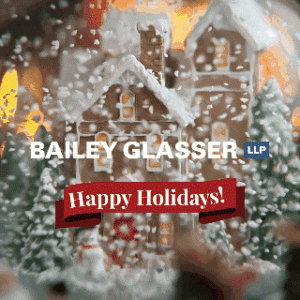 Happy Holidays from our Bailey & Glasser, LLP family to yours.
Happy Holidays from our Bailey & Glasser, LLP family to yours.

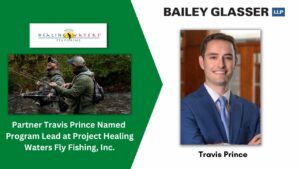
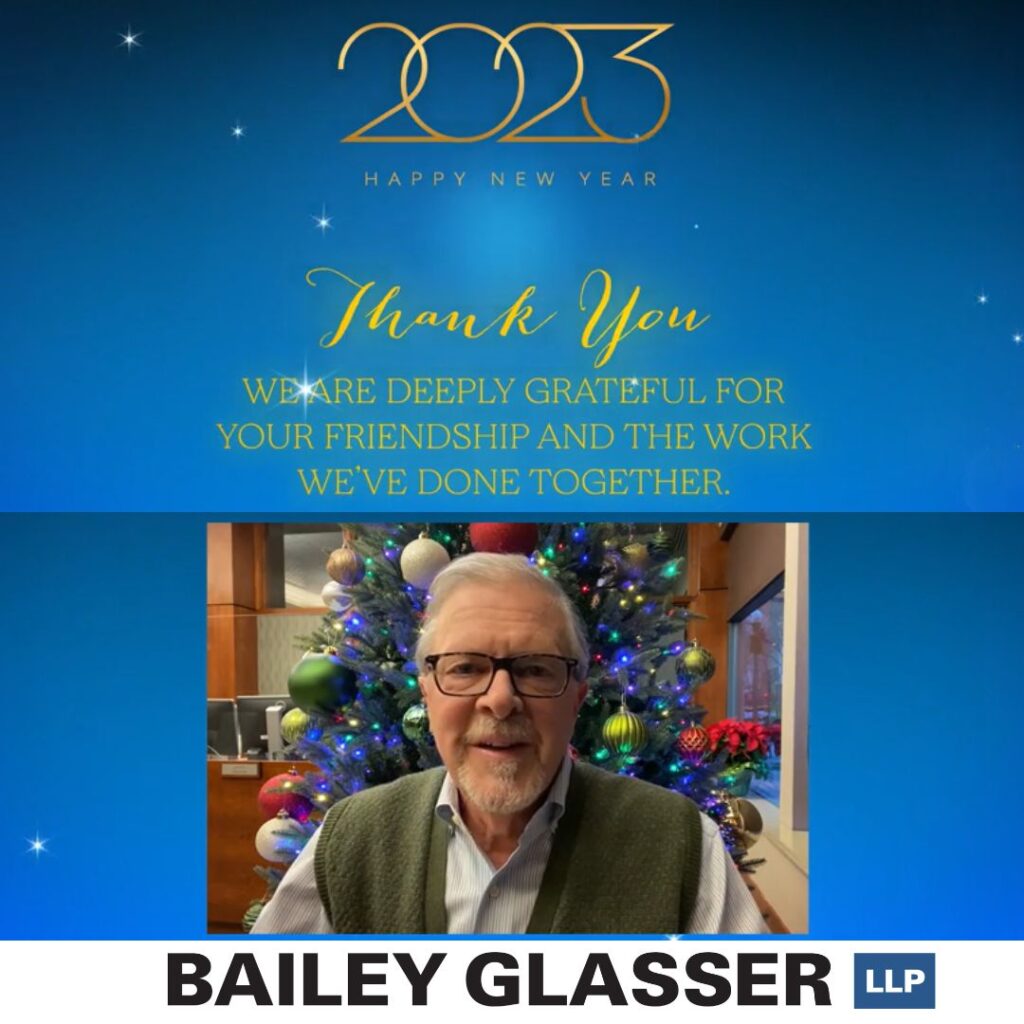
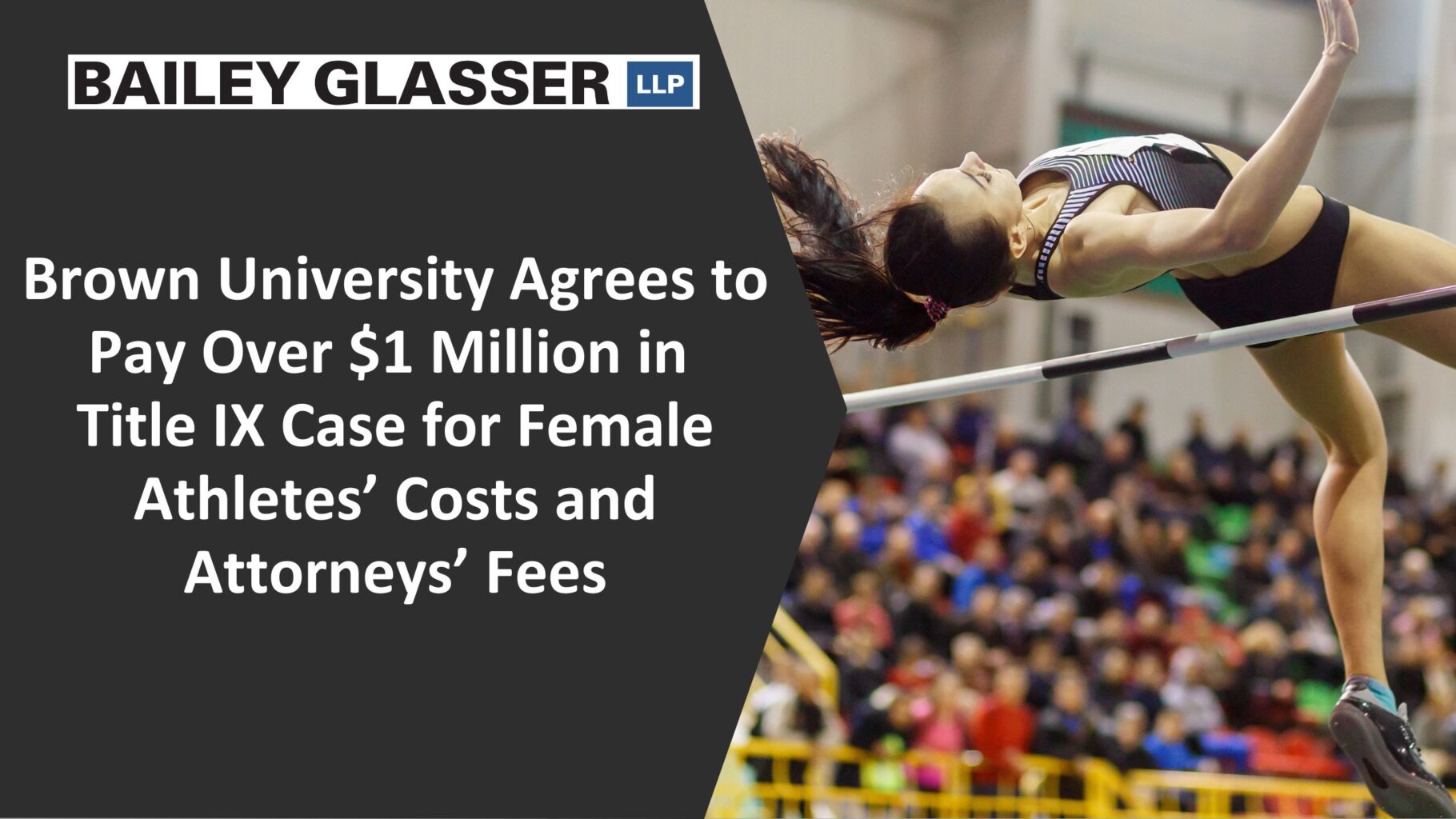
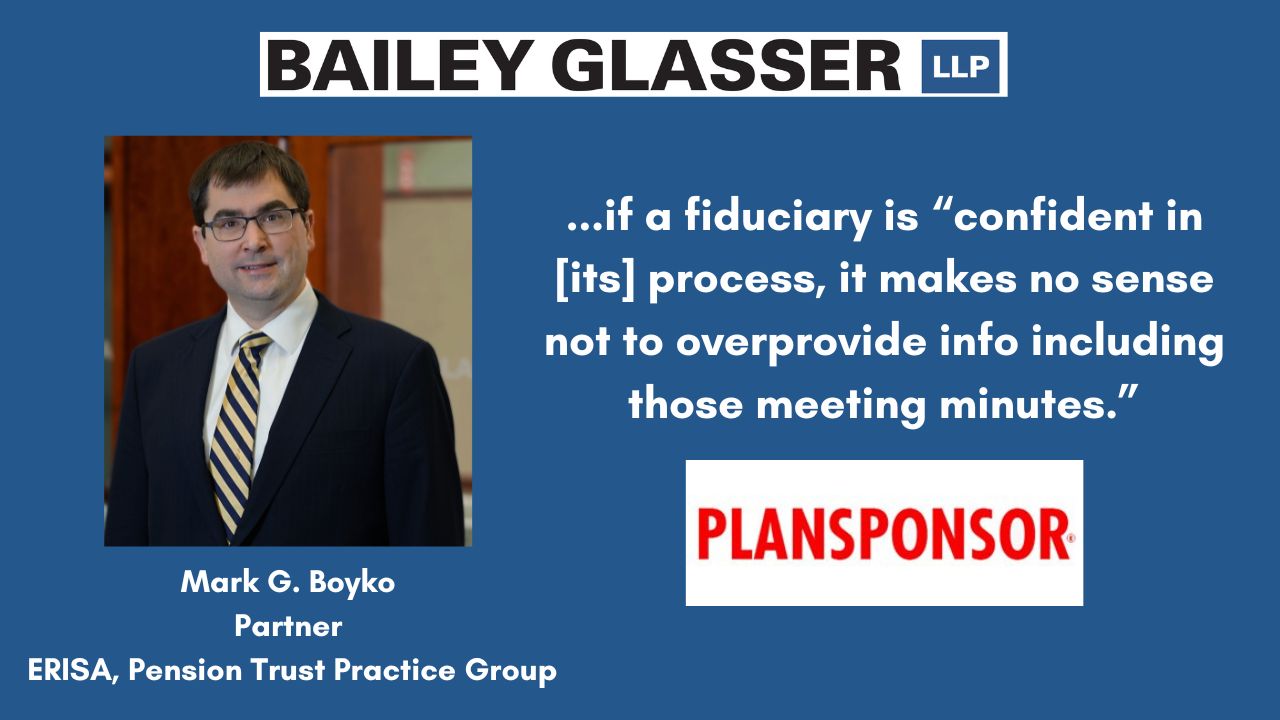 BG partner and ERISA litigator
BG partner and ERISA litigator 